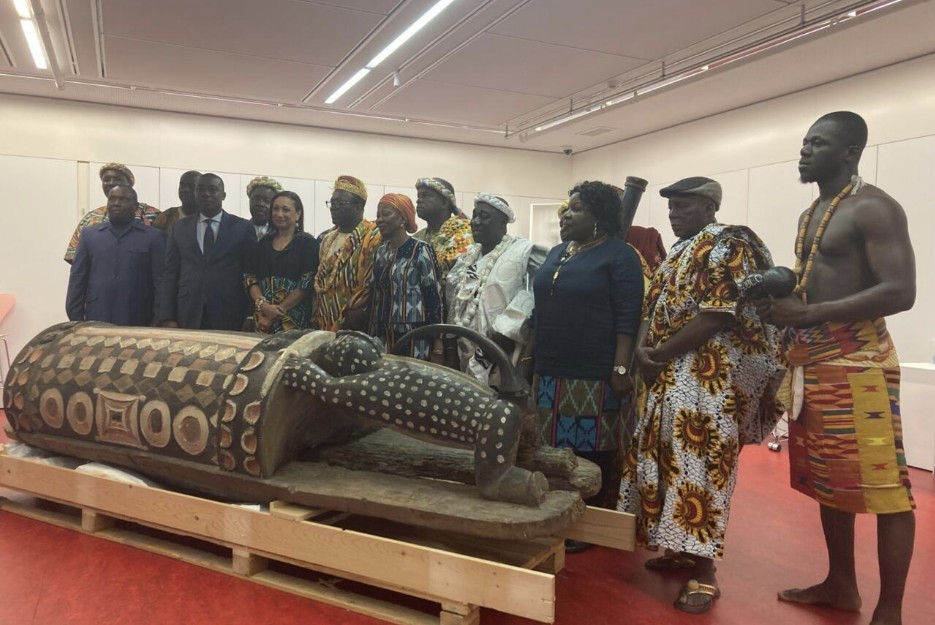The Impact of Generative AI on Legislative Law Construction
- Ishita Gupta
- Apr 7, 2024
- 3 min read

Despite the far-reaching implications of AI in our day-to-day life, we often overlook the global applications of AI technologies. From improved face-recognition software to detect traffic offenders, to allowing corporations like Woolworths Group to streamline and focus talent acquisition strategies, the applications of generative AI in industry are endless.
However, what about how our countries run? Can we maximise our legislative processes through artificial intelligence?
The answer is we can and we have been since the early 2010s.
In particular, generative AI plays a significant role in legislative law construction by assisting throughout the process.
Generative AI is a model that learns from data provided by analysing patterns and trends, allowing it to create new data. That is, it can generate an essay for that writing class you took on a whim, or summarise those law readings piling up from weeks of stale neglect. But within this vein of possibilities, there lies a real implication for legislative law construction. AI algorithms can analyse vast amounts of legal texts, international treaties, and precedents to identify patterns that allow lawmakers to make comprehensive decisions when drafting new laws or amendments. Further, generative AI tools can create initial drafts of agreements, protocols, laws, and resolutions based on input criteria and legal frameworks established by UN bodies such as the General Assembly and Security Council that are then refined by human experts to ensure coherence.
The next step in the legislative process can also be optimised by AI. Models simulate potential impacts of proposed legislation by predicting outcomes and highlighting potential risks, allowing lawmakers to make evidence-based decisions. Further, they monitor public feedback on proposed legislation and ensure compliance with existing laws to flag potential issues.
International organisations like the UN have increasingly explored AI-applications across the domains of legal research, policy analysis and decision-making processes. The emerging breakthroughs in machine learning have reformed the capabilities of generative AI to optimise legislative processes.
Now, why is this significant to us? Whether you be a university student embarking on a new step in your life, an adult, or a high school student - we are the steps that lead to the world community. As global citizens, it is our responsibility to be aware and informed of the various tools that impact, reform and revitalise our laws and policies.
From AI-powered legal research through machine-learning platforms such as ROSS Intelligence and Lex Machine, to leveraging natural language processing (NLP) to analyse mounds of legal data … this matters. The predictive analytic capabilities required for legislation, simplified through the application of AI technologies, is invaluable to the global community.
On the other hand, the ethical implications and potential biases associated with AI systems has led to a need for AI ethics frameworks, governance mechanisms, and transparency standards within both legal and governmental sectors. Organisations such as the UN, OECD, and World Economic Forum are actively engaged in discussions and initiatives related to responsible AI deployment, human rights considerations, and algorithmic accountability in policymaking and legislative contexts to ensure these technologies remain fair and diversified.
The unwavering promise AI has proven to show in augmenting legal research, analysis, preparation and the drafting of laws is primarily being used as a valuable aid to support human decision making due to the significance of lawmaking on the world community. Now, international organisations look towards optimising this tool to ensure democratic progress and positive public sentiment regarding the use of AI technologies in legislation.





Great article👍🏻